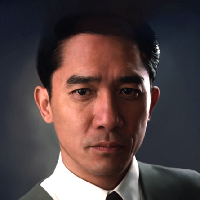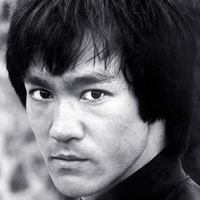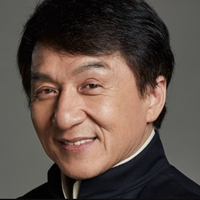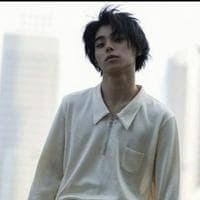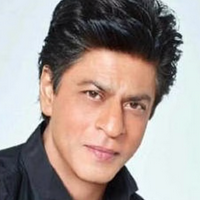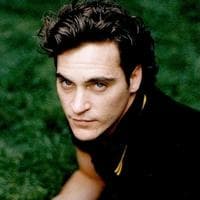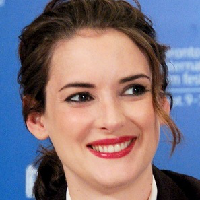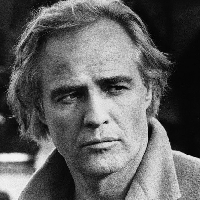Tony Leung MBTI 성격 유형
인격
"Tony Leung은 어떤 성격 유형입니까? Tony Leung은 mbti의 INFP 성격 유형입니다. enneagram의 4w5 - sx/sp - 469, big 5의 RLUAI, socionics의 IEI입니다."
This interview shows his function stack well: https://www.youtube.com/watch?v=toXAk2ZeeuQ About him using indirect channels of self expression (Fi): “I am afraid of revealing my emotions in public. I am very good at suppressing my emotions, since a young age. When I discovered acting, it is a good channel for me to express my emotions. Because I can hide behind a character, and people will think it’s (the emotions of) the character, but it’s actually myself.” About him having a lot of ideas when acting (Ne) and recalling a past failure (Si): “When I was filming ‘Days of Being Wild’, I had to film the same line 27 times. That was the first time I got crushed by him (Wong Kar Wai), and I cried at home for days. I think he did it on purpose, because maybe I had too many ideas. On stage, I could do the same take in 15 different ways, which is ‘un-actorly’. He wanted less acting, he wanted me to do something more direct, so he had to take away (my) confidence and remove the urge to perform.” About characters becoming a part of himself (Fi) and recalling a past character when a detail reminds him of that character (Si): “I have difficulties in detaching myself from characters. At some point, I was afraid if it went on like this I would become crazy. When I was filming ‘In The Mood For Love’, because I didn’t have to film another movie afterwards, and I filmed (ITMFL) for 5-6 years, I stayed in character for 5-6 years. So when you have to get out of the character (Chow Mo Wan), it gets difficult. I remember when I was filming An Lee’s ’Lust Caution’, I had the same hairstyle, the same hair gel (as the character Chow Mo Wan). There was a scene where I was walking with Wei Tang, and I started walking like (Chow Mo Wan) again. Even after you walk away from a character, it becomes a part of you. It may fade through time, but it never disappears.” About his desire to distance himself from people so he can be himself (Fi) and relieving stress from everyday things (Si): “I feel very comfortable and happy (when I am watching the clouds and the ocean). When I see the fish in the water, I would already feel very happy. When I am alone, it is the most relaxing because you don’t have to explain anything to anyone. People won’t see my facial expressions, my mood changes, I can do whatever I want.” About being conflict-averse and coping by being internally in harmony with the self (Fi): “It’s natural for an amateur actor (to get scolded). I won’t feel sad, when it’s not my fault. I don’t talk back. If it’s his problem, and he has to scold me for it, there’s nothing I can do about it.” About valuing authenticity and privacy in marriage (Fi): “We’ve been together for so many years, what’s the difference (of getting married or not)? Arranging a ceremony is tiresome, and it’s like doing it just for show. We are in front of cameras, on a stage, for other people to watch. I don’t want that. But those days in Bhutan, I was very happy, realizing I am doing it for myself. Not for her, but for myself.” About holding his ceremony in private (Fi), liking the place because it’s simple (Si), and uses a farfetched metaphor of a cartoon character to describe it (Ne): “And this is a place I never thought of going before. Originally we were going to Italy, Florence. I don’t know why she said let’s go there (to Bhutan). And a bunch of friends can gather at a place without any public interference. I really like that place. It is very simplistic, clean, the air was nice, and it was not in the city. It counts as something I like, a place of nature, it’s like what the god is wearing in the IQ Dr. cartoon I watched.” About his go-with-the-flow approach towards new experiences (Ne), avoiding decision-making (Te inf), and drawing parallel between how he approaches marriage and his working habits (Si): “I don’t know why she chose this place. Maybe she has seen it somewhere before? I’m like, you arrange it, I don’t have any preference. (Q: You two are a great match! She is a person who is very proactive, and good at arranging things. And you can just sit back and let her arrange.) Yes. (Q: But won’t you feel discontent about it? Or even if you do, you won’t express it?) I won’t feel discontent about it, because everything to me is just a new experience. Just like how (when I work with) Wong Kar Wai I never ask about his stuff. Other actors think it is weird, ‘don’t you want to know what the script is like? Don’t you want to know where he is going to film it?’ I don’t. It’s not because I am unprofessional, it’s because I trust him, and I hope he can give me a surprise. I trust his whole crew. Not every director can give me an opportunity to go on an adventurous journey, where nobody knows where we’re going, where the destination is, what will happen in the midst of it, what are the difficulties, it’s unknown. Everyone just needs to cooperate to get it done. That’s why I also treat my marriage like that, ‘you arrange it’.”
전기
Tony Leung Chiu-wai (Chinese: 梁朝偉, born 27 June 1962) is a Hong Kong actor and singer. He is one of Asia's most successful and internationally recognised actors, named one of "Asia's 25 Greatest Actors of All Time" by CNN. He has won many international acting prizes, including the Cannes Film Festival award for Best Actor for his performance in Wong Kar-wai's film In the Mood for Love. Leung is known for his collaborations with director Wong Kar-wai, with whom he has worked in seven films including Chungking Express (1994), Happy Together (1997), and The Grandmaster (2013). He also appeared in three Venice Film Festival Golden Lion-winning films, including A City of Sadness (1989), Cyclo (1995) and Lust, Caution (2007). He later came to prominence in Hollywood with his role as Xu Wenwu in the Marvel Cinematic Universe film Shang-Chi and the Legend of the Ten Rings (2021).
